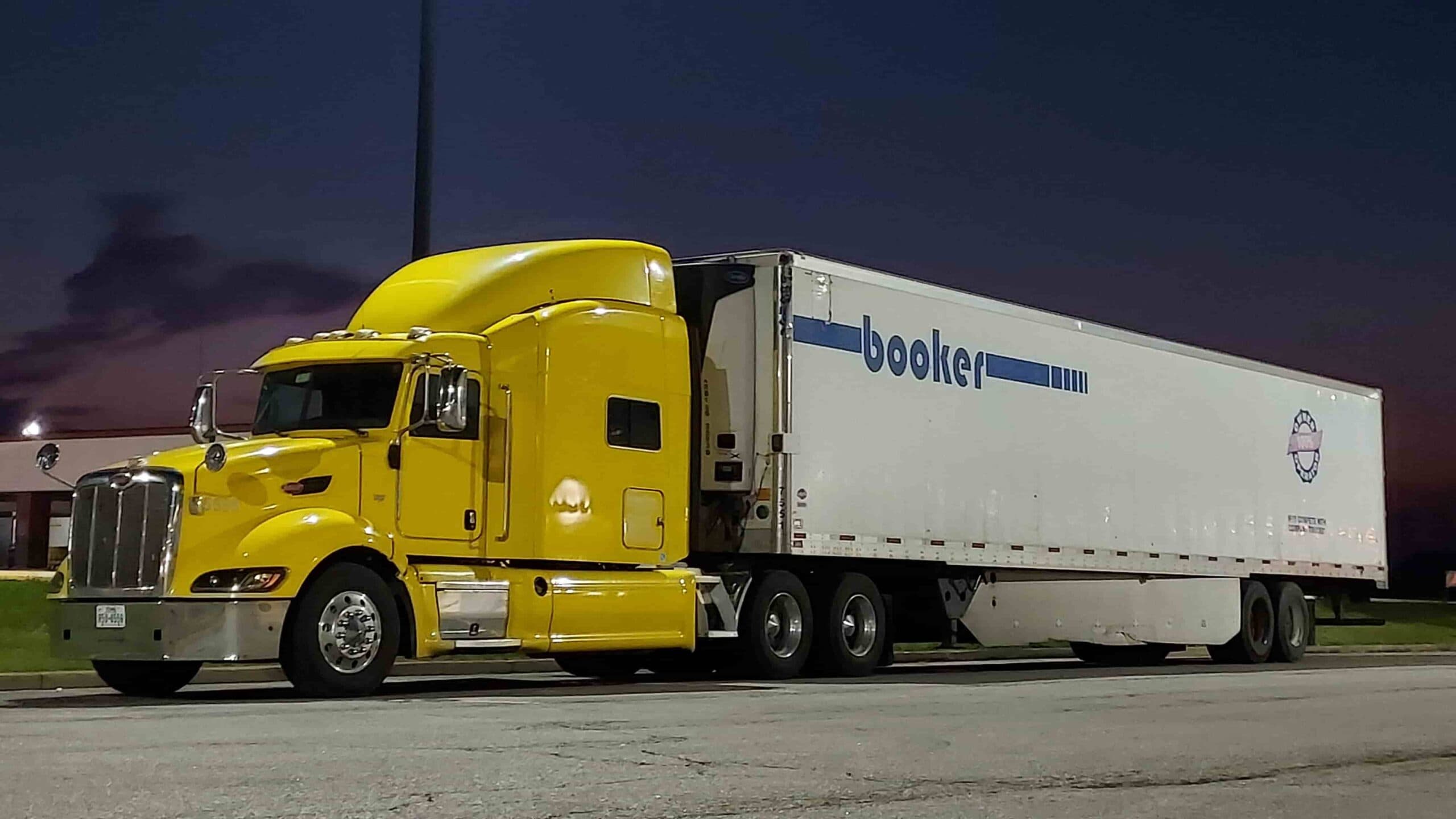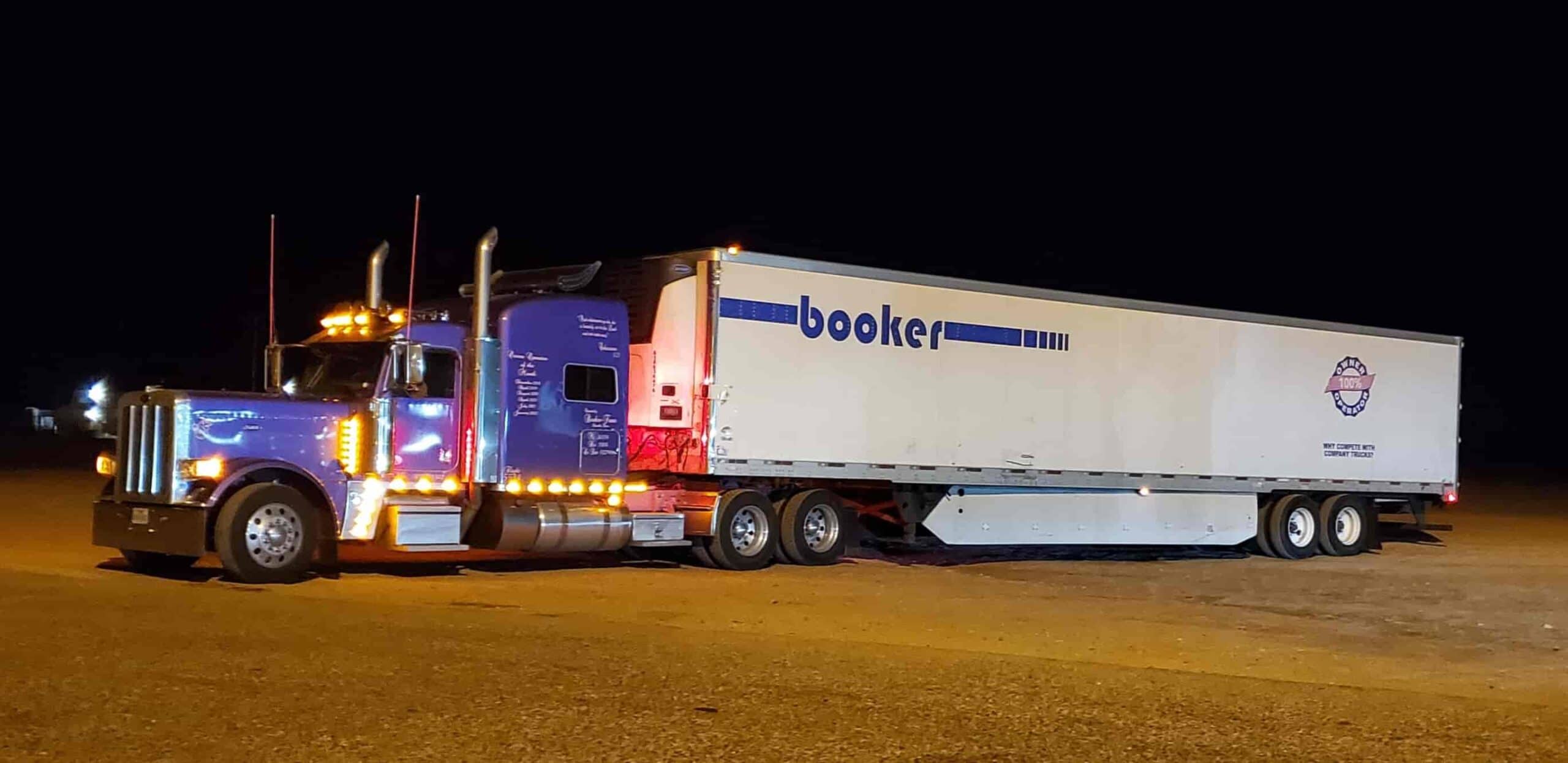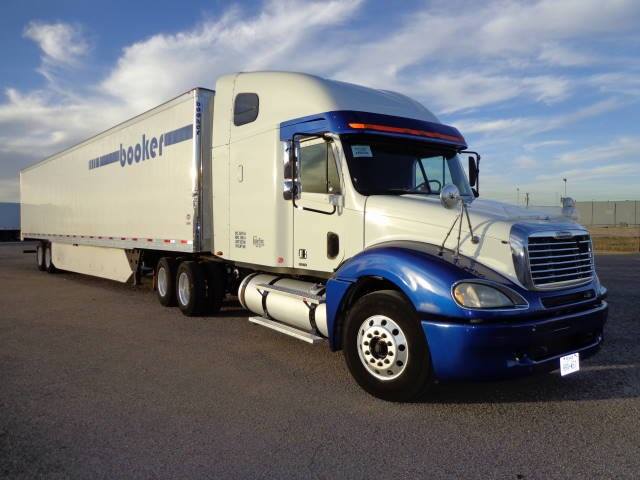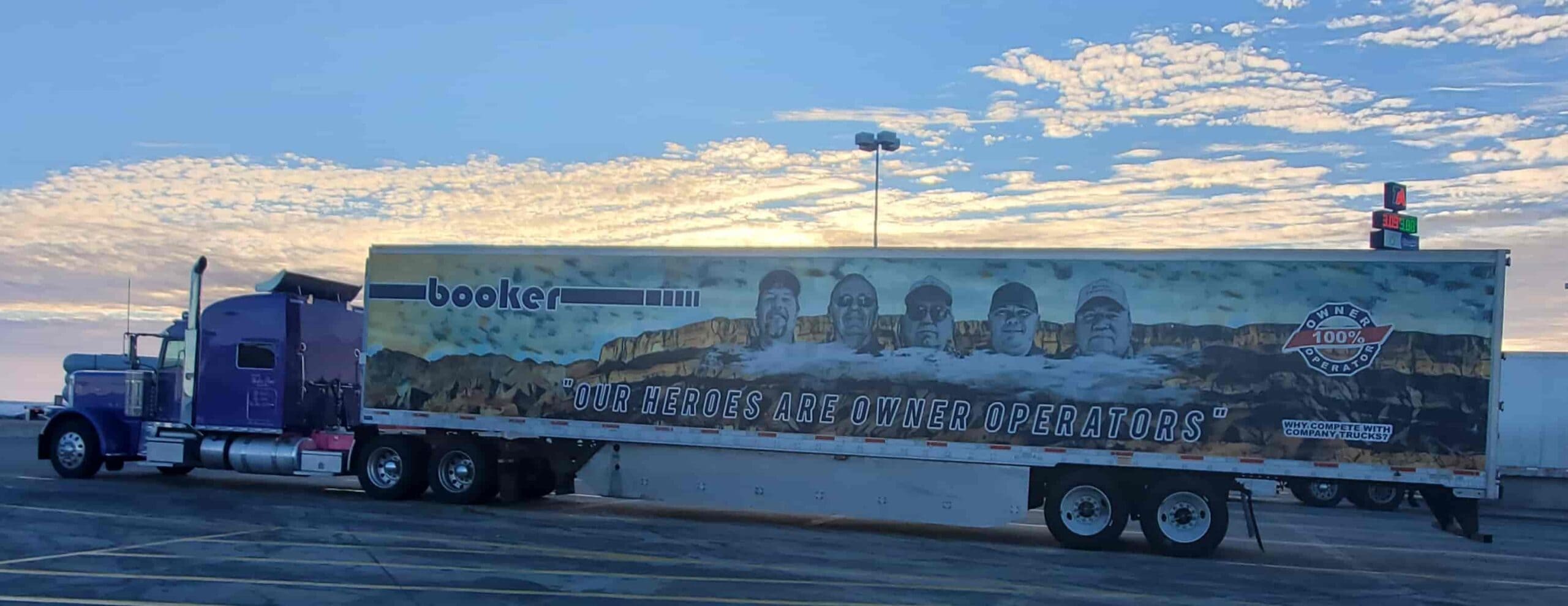An owner operator trucking company in the trucking industry is an independent commercial truck driver or a small business that runs trucks to deliver commodities through highways for its clients. The trucking business redefines transportation through the fusion of art and science. While technology gives drivers the scientific edge with GPS, safety systems, and environmental advancements, drivers have mastered the art of navigation. This manual examines the complexities of efficient project management while offering insightful information and useful suggestions for optimal project execution.
The Art of Owner-Operator Trucking
The driver’s viewpoint is one of independence and accountability, where each mile is a journey, and each delivery is a promise. It’s a job that calls for aptitude, tenacity, and a special bond with the open road. The passion for the open road is an unquenchable fire in a trucker’s heart. For those who live it, trucking isn’t just a job; it’s a lifelong love affair with the road.
The Role of Experience and Intuition
Building strong customer relationships is essential for business success. It involves active listening, personalized communication, and consistent quality service. Trust is fostered by understanding customers’ needs, addressing concerns, and showing appreciation, leading to loyalty and repeat business. In this digital age, technology can also aid in maintaining and enhancing these connections.

The Personal Touch in Freight Management
The personal touch is essential in freight management. Trust is built between shippers, carriers, and customers through effective communication, empathy, and customized solutions. This individualized approach improves effectiveness, dependability, and long-term relationships in the intricate freight transportation world.
Understanding Local Conditions and Traffic
Understanding local conditions and traffic is crucial in logistics. It requires knowledge of regional weather, road conditions, and peak traffic times. This information enables effective route planning, minimizing delays and ensuring on-time deliveries. Local expertise is invaluable for efficient and reliable transportation operations.
Navigating Challenging Terrains
It takes talent and planning to navigate difficult terrain. It necessitates specialized equipment, local knowledge, and careful planning, whether traversing rough terrain, deep woods, or vast desert stretches. Qualified drivers are crucial for successfully navigating these challenging terrains in logistics and transportation Service.
Dealing with Road Etiquette and Courtesy
Road manners and etiquette are essential for a smooth and safe traffic flow. Giving pedestrians the right of way or allowing for merging creates a more pleasant and secure driving experience for everyone.
Handling Stress and Loneliness
Long-haul truckers must learn to manage their loneliness and stress. Traveling alone and keeping to a strict schedule can be emotionally taxing. Regular interactions with loved ones, mindfulness exercises, and taking breaks to unwind and recharge are all examples of coping mechanisms. Support systems and mental health education are crucial for truckers to stay healthy while driving.

The Science of Owner-Operator Trucking
This science involves client relationship management, route optimization, vehicle maintenance, and finance expertise. Truck technology and maintenance are paramount for safe and efficient transportation. Advanced systems like GPS navigation, telematics, and real-time diagnostics aid route optimization and vehicle health monitoring. Regular maintenance checks, including engine, brakes, and tires, ensure the truck’s reliability, longevity, and safety.
The Role of GPS and Telematics
GPS and telematics are integral in modern transportation. GPS offers precise navigation, optimizing routes for efficiency. Telematics provides real-time vehicle data, aiding in maintenance and fuel management. Together, they enhance safety, reduce costs, and improve productivity in the logistics and transportation sector.
Preventative Maintenance for Efficiency
Operational effectiveness is ensured by preventative maintenance. It reduces downtime, lowers repair costs, and increases equipment longevity by proactively addressing problems. This method is crucial for dependable and economical operations in sectors like logistics and transportation. Fuel efficiency and cost management are crucial in transportation. Strategies like route optimization, proper vehicle maintenance, and driver training help reduce fuel consumption.
Strategies for Reducing Fuel Consumption
Smart tactics, including effective route planning, keeping ideal tire pressure, and forming fuel-efficient driving habits, are necessary to reduce fuel usage. Using contemporary technology to track and optimize fuel usage, such as GPS and telematics, is also crucial. These strategies assist the transportation sector in reducing costs and environmental effects.
Staying Current with Regulations
Staying current with regulations is essential for owning your own business. Regularly monitoring and adapting to industry, legal, and environmental changes is crucial. Compliance ensures legality, safety, and reputation protection. Employing legal counsel or regulatory monitoring tools helps businesses stay informed and navigate evolving requirements effectively.

Safety Protocols and Best Practices
They include extensive instruction, hazard recognition, and the use of the proper safety equipment. Regular safety audits and open communication help cultivate a safety culture, which lowers accidents and fosters a safe workplace for stakeholders and employees. To make decisions from data-driven decision-making depends on the analysis of pertinent data. It requires collecting, processing, and interpreting data to identify trends, patterns, and insights. This approach helps organizations make informed, strategic decisions, optimize processes, and achieve better outcomes across various sectors.
Making Informed Decisions on the Road
Making informed decisions on the road is vital for safety. Drivers rely on experience, road signs, and real-time data like GPS to navigate. Analyzing traffic conditions, weather, and vehicle health ensures smart choices, reducing accidents and ensuring efficient journeys for all road users.
Negotiating Rates and Contracts with Shippers
Negotiating rates and contracts with shippers is critical to the transportation industry. It involves effective communication, assessing market conditions, and finding mutually beneficial terms. Well-structured contracts detail pricing, service levels, and responsibilities, establishing trust and clarity between carriers and shippers for successful partnerships.
Contract Management for Steady Work
The creative side of problem-solving involves thinking beyond conventional solutions. It encourages innovative thinking, brainstorming, and exploring unorthodox approaches to challenges. By incorporating creativity into problem-solving, individuals and teams can discover fresh perspectives and unlock unique solutions, often leading to more effective and inventive outcomes.
Overcoming Roadblocks and Delays
Overcoming roadblocks and delays requires resilience and adaptability. It involves identifying obstacles, creating solutions, and adjusting plans as needed. This proactive approach ensures progress despite setbacks, helping individuals and organizations reach their goals despite challenges and unexpected hurdles.
Staying Informed About Industry Trends
For businesses to remain competitive, they must stay educated about market developments. It entails monitoring innovations, developing technology, and market changes. Regular research, networking, and attendance at industry events assist people and firms in staying ahead of the curve, making wise choices, and adjusting their plans to suit the always-shifting demands of their industry.

Investing in Skills and Knowledge
Spending money on education and training makes sense to advance personally and professionally. It entails pursuing chances for education, training, and growth to advance competence. Continuous learning keeps people useful, competitive, and adaptive in the workplace, creating prospects for job growth. Success stories and professional advice provide insightful guidance. They serve as inspiration by exhibiting genuine accomplishments and offering professional advice. Learning from successes and failures and professional guidance may be a potent source of inspiration and knowledge to help one find their route to excellence and success.
Profiles of Successful Owner Operators
Profiles of successful owner-operators highlight their entrepreneurial journey in the US trucking industry. They demonstrate financial acumen, effective route planning, and excellent client relations. These individuals often share their experiences, challenges they’ve overcome, and strategies for thriving in the competitive world of owner operator trucking company, inspiring aspiring entrepreneurs. Their artistic and scientific methods combine originality with accuracy. They use creative problem-solving and in-depth research to tackle challenging issues and produce great outcomes. Individuals and teams can overcome obstacles thanks to this harmonic union of creativity and rationality, which promotes success in various pursuits. Lessons and tips from their journeys offer valuable insights. These experiences teach resilience, adaptability, and the importance of perseverance. Shared wisdom includes time management, resource optimization, and maintaining strong relationships. Individuals can navigate their journeys more confidently and succeed by learning from their paths.
Conclusion
The skillful blending of imagination and science and the knowledge gained from successful excursions pave the path for creative problem-solving and personal development. Profiles of successful owner-operators in the trucking sector highlight the initiative, foresight, and dedication needed for success. Their experiences provide priceless lessons, highlighting the importance of resiliency, flexibility, and efficient resource management.
About Booker Transportation
Booker Trans is 100% Owner Operator. It is our belief that an Independent Owner is the best way to get a customers freight delivered timely and safely. Booker is a leading Refrigerated Carrier providing the best lease options in the industry for today’s Owner Operators. Monthly and Yearly Awards, Longevity Bonuses, and the Free tires for Life of Lease Program, are just a few examples of what Booker Trans offers the Owner Operator. Booker Trans has built it’s success upon working partnerships with Customers, as well as Agency Relationships built over the last 20 years. Those same relationships are what makes consistent year round freight possible.
Are you interested in becoming an owner operator driver or getting into the logistics industry?
Let’s connect!
Navigating the Highways of Change
04/18/2024

Owner Operators should be prepared for Cellular Service outages!
03/06/2024
